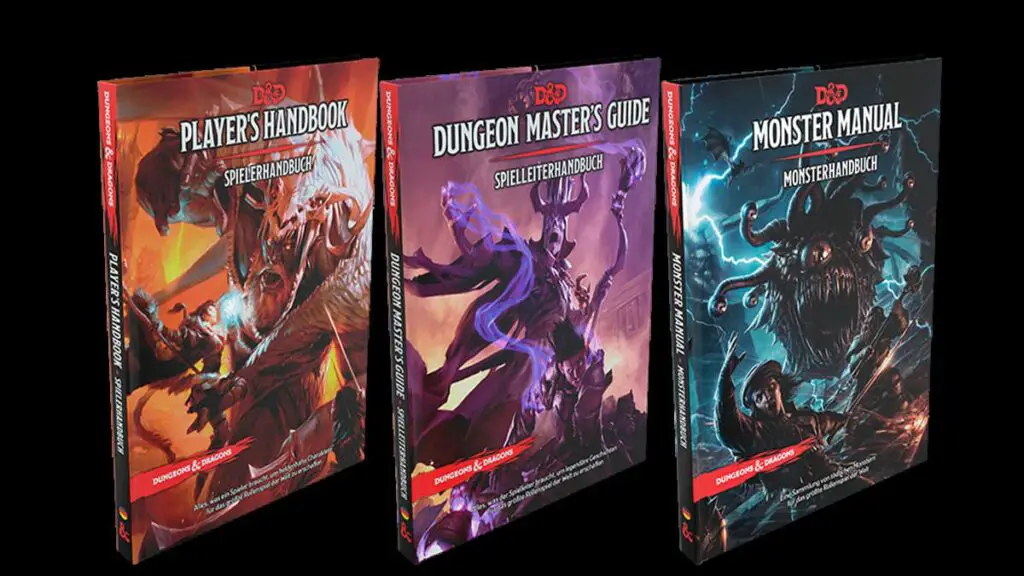It was hard for any TTRPG fan to not hear about the controversy that rattled Dungeons & Dragons in early 2023. Supposedly leaked documents revealed Wizards of the Coast’s plans to revise their Open Gaming License (OGL). For decades, that OGL had allowed creatives to make content following core D&D rules that were outlined in the System Reference Document (SRD). But the changes implied a tighter grip on fan-made content. This did not go over well with fans, leading to massive backlash and Wizards withdrawing its plans.
But now, some new changes are stirring once again. Across 2024 and 2025, Dungeons & Dragons will be releasing new Core Rulebooks and a new Monster Manual. This new SRD will be released under a Creative Commons license, as has been the format in the past. The new SRD is expected to be officially released in early 2025. While nothing as jarring as the 2023 announcement has yet been made, it still is seen as a divisive choice with fans.

On one hand, the 5th edition of D&D ushered in its new wave of popularity. The ease of these rules made it much friendlier than earlier versions of the game. It opened the door for platforms such as D&D Beyond that allowed fans to create expanded content (while still giving 50% of their royalties to Wizards, of course). The announcement that now all those rules could be changing, and that they can affect what fans are allowed to create and sell, is controversial.
On the other hand, Wizards of the Coast has already introduced so many changed, revised, and expanded rules since the 5E release that it seems only logical they launch a brand-new core rulebook. With the accompanying SRD, it means fans can officially create new content that falls in line with the new rules. Without the SRD and its Creative Commons license, fans would not be able to do this.
No matter what the details of the SRD end up being, it will be a long time before Dungeons & Dragons has fully repaired its relationship with its fans enough that they trust its decisions going forward.







